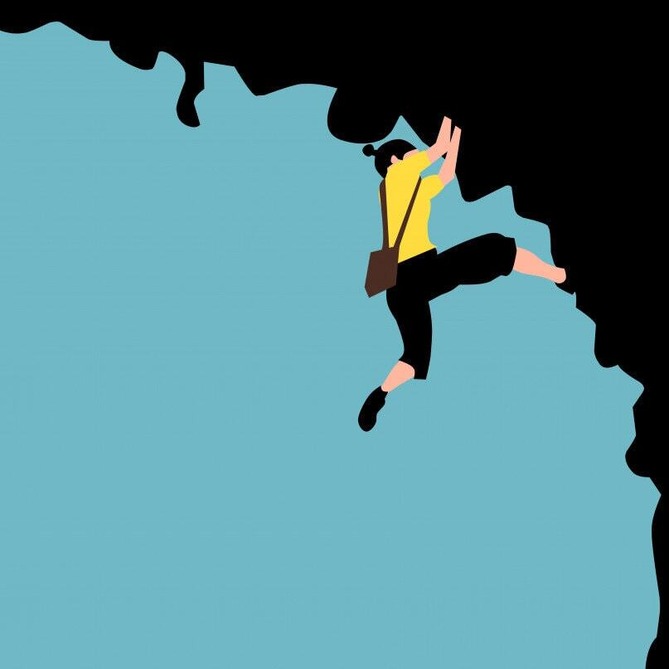
Key Strategies to Build Your Resilience and Conquer Any Challenge
Joanna Latala
Athletes build their fitness based on physical and mental exercises, as well as the recovery process…So why do musicians forget about recovery?
As professional musicians, we understand that our craft demands not only technical prowess but also mental fortitude. In this article, we’ll delve into the often-overlooked aspect of mental training, with a particular focus on building resilience – a crucial asset for thriving in the world of music.
“Anxiety about the outcome is the single most intrusive inhibitor to effective performance.”
21 Days Before the Performance: The Art of Preparation
The road to a stellar performance begins well before you step onto the stage. The first phase of building resilience starts 21 days before your performance. This is the time to meticulously prepare, not just in terms of practice but also in terms of mental readiness.
Create a comprehensive preparation plan that includes visualization exercises. Visualize yourself on stage, enveloped in the music, and feeling confident and focused. Use this time to identify and address any mental barriers or self-doubts. These three weeks are your opportunity to fine-tune your mental game, bolstering your resilience for the challenges ahead.
Do not ask yourself if you have worked long and hard enough to deserve a break. Ask yourself if you have rested well and long enough to tackle your tasks.
7 Days After the Performance: The Importance of Recovery
While the world of sports places great emphasis on post-event recovery, musicians often overlook this critical aspect. Resilience isn’t just about enduring pressure; it’s also about bouncing back from the aftermath. In the 7 days following your performance, focus on recovery.
Allow yourself to decompress. Reflect on the performance, identifying strengths and areas for improvement, but do so with self-compassion. Engage in relaxation techniques such as light physical exercise to release built-up tension. Giving your mind and body a chance to recover is essential for long-term resilience.
“The real enemy of high performance is not stress . . . the problem is the absence of disciplined, intermittent recovery.”
“The Power of Full Engagement”
by Jim Loehr and Tony Schwartz
Finding Balance: Work and Rest
One aspect where musicians can learn from athletes is the significance of balance in life. In the pursuit of excellence, it’s easy to become consumed by constant practice and performance. However, resilience is not just about enduring the rigors of your profession; it’s also about leading a fulfilling life.
Strive for a harmonious equilibrium between work and rest. Schedule regular breaks during your practice sessions, and ensure you allocate time for leisure, hobbies, and relaxation. Just as a well-played piece requires balance between instruments, your life needs balance between effort and reprieve to maintain mental resilience.
Rest is not a sign of weakness, but a sign of wisdom. Athletes know the importance of recovery in achieving peak performance.
Conclusion: Strengthening Your Mental Resilience
In the competitive world of music, mental training is your secret weapon. Building resilience requires not just honing your skills but also nurturing your mental well-being. By preparing mindfully, allowing time for recovery, and maintaining balance in your life, you’ll be better equipped to thrive as a professional musician.
Remember, resilience is not a one-time achievement but an ongoing journey. As you continue to develop your mental resilience, you’ll find yourself better prepared to face the demands of the stage with confidence, grace, and an unyielding spirit.
Subjects: Artistic Vision, Practicing
Tags: balance, performance, Preparation, Recovery, Resilience, Rest, Visualization
